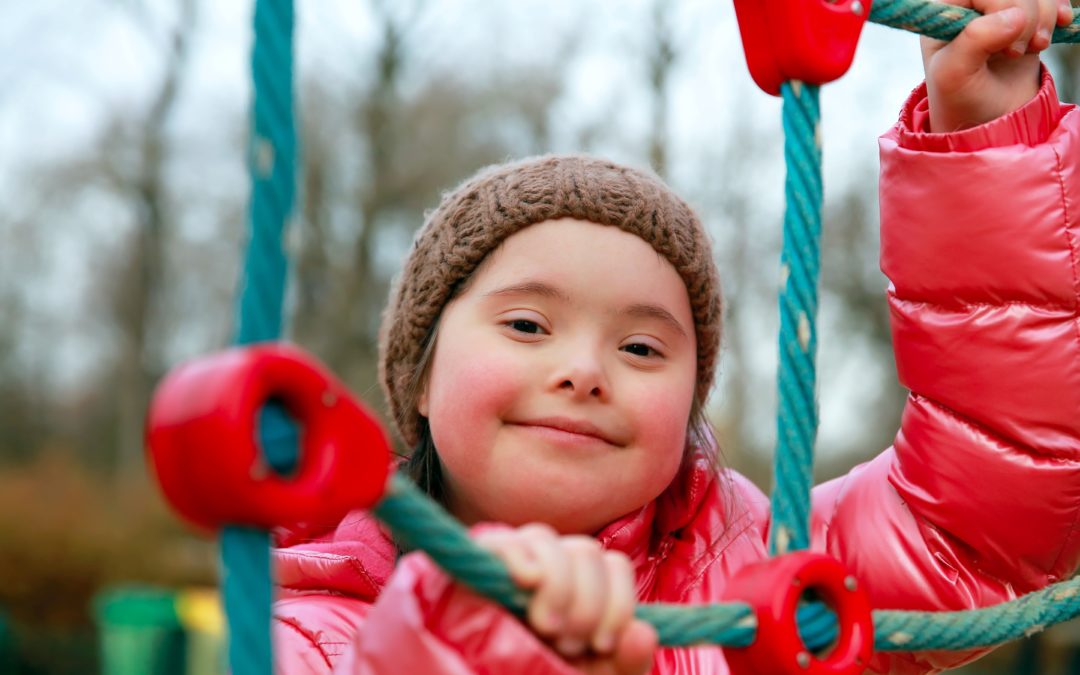In the ever-evolving landscape of the digital age, the U.S. Supreme Court recently delved into the complexities of First Amendment issues surrounding public officials’ use of social media. Two cases brought before the Court raised crucial questions about the boundaries of free speech and the authority of public officials in the realm of online communication.
The heart of the matter in both cases revolved around public officials, one notably involving school board members, who had taken to blocking constituents on their personal social media pages. As the blocked individuals initiated legal challenges, the central inquiry focused on whether these officials were acting within the scope of their authority. This crucial distinction is essential, as acting within the scope would implicate viewpoint discrimination, a practice explicitly prohibited by the First Amendment.
A fundamental challenge emerged during the arguments: the delicate task of differentiating between state action and private action in the context of social media. The digital realm blurs the lines, presenting a unique challenge for public officials and employees.
The difficulty lies in devising a clear test that effectively distinguishes between state and private action in the social media sphere. Public officials may have established their social media presence before assuming public office, posting personal, non-governmental content alongside occasional updates relevant to their public duties. This multi-faceted use of social media raises the question of where the line is drawn between personal expression and official capacity.
An attorney representing the school board members emphasized a critical point—the social media pages in question belonged to the individual board members, not the school district. However, the Justices appeared skeptical of this argument. Justice Roberts challenged the physicality of a Facebook page, likening it to a mere “gathering of protons,” while Justice Thomas questioned whether a social media page truly belongs to the individual or the platform hosting it.
The Supreme Court is set to deliver a decision by June 2024. The outcome of these cases will significantly shape the landscape of free speech in the digital age and set important precedents for the use of social media by public officials and employees. We will be sure to update our clients when a decision is issued.



